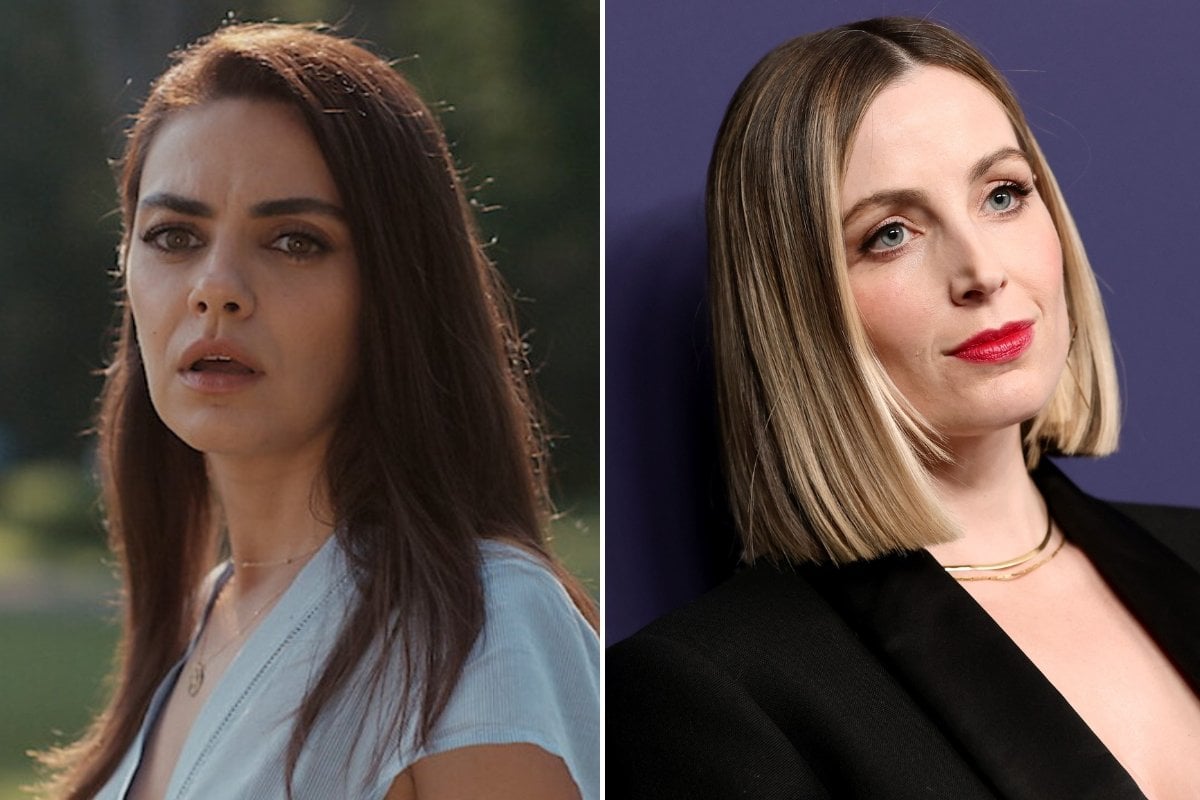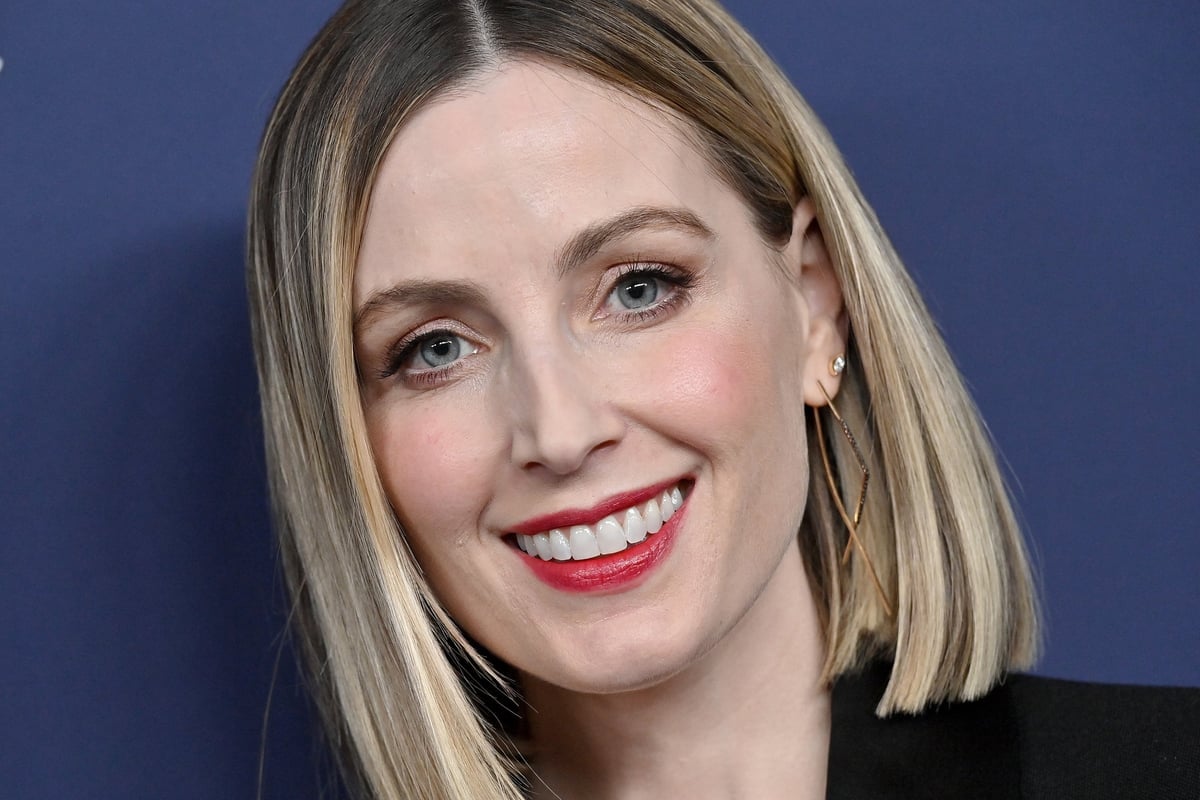
Content warning: This story deals with sexual assault and might be triggering for some readers.
In May 2015, Jessica Knoll's debut novel Luckiest Girl Alive became an instant New York Times bestseller.
The psychological thriller follows the story of 28-year-old Ani Fanelli, who seems to have the perfect life. She's a prominent writer at one of the biggest women's magazines in the country and is engaged to be married to a man who comes from a wealthy New York family.
When a documentary maker reaches out to Ani about a mass shooting that occurred at her high school when she was a student there, Ani travels back to her hometown to be interviewed.
While there, Ani is forced to finally face the ghosts of her own past, including the brutal sexual assault she experienced when she was just 15 years old.
Luckiest Girl Alive is a study of the impact of long term emotional trauma and touches on the themes of sexual assault, consent, bullying and school violence.
The book has since been adapted into a movie starring Mila Kunis, which premiered on Netflix on October 7.
Watch the trailer for Netflix's Luckiest Girl Alive. Post continues below.
In March 2016, Knoll penned an essay for Lena Dunham's now-defunct website Lenny Letter explaining the sexual assault described in the book, perpetrated by three popular boys in Ani's school year, was based on an experience from Knoll's own life.
